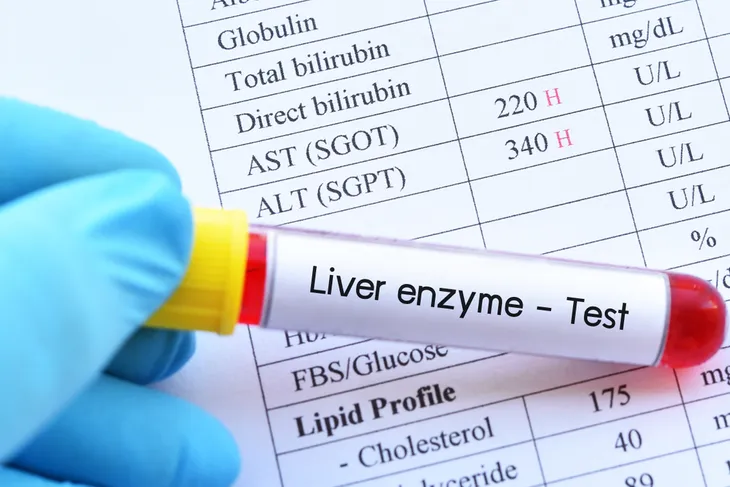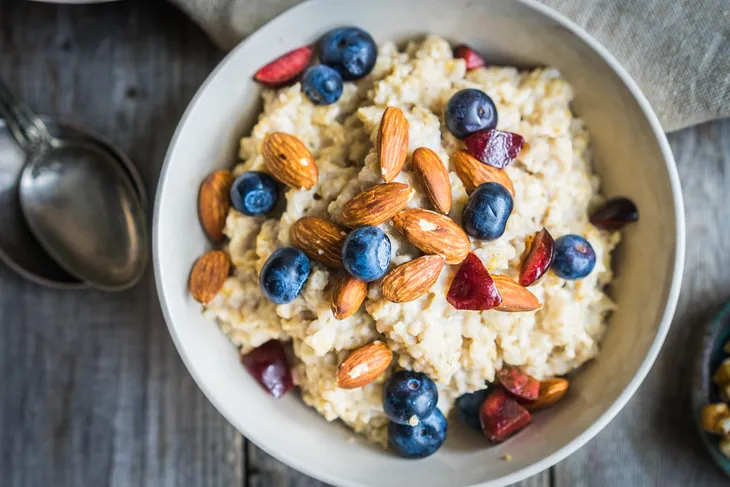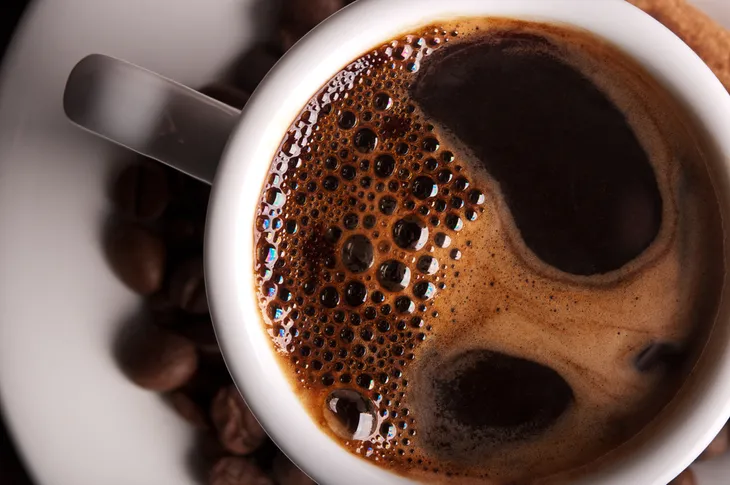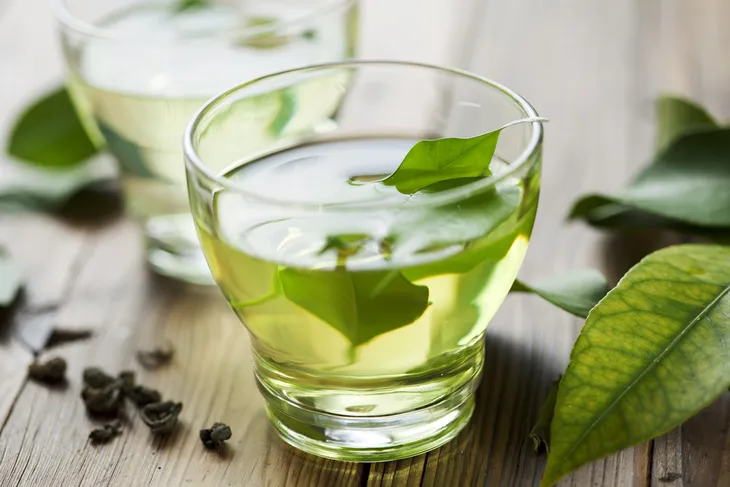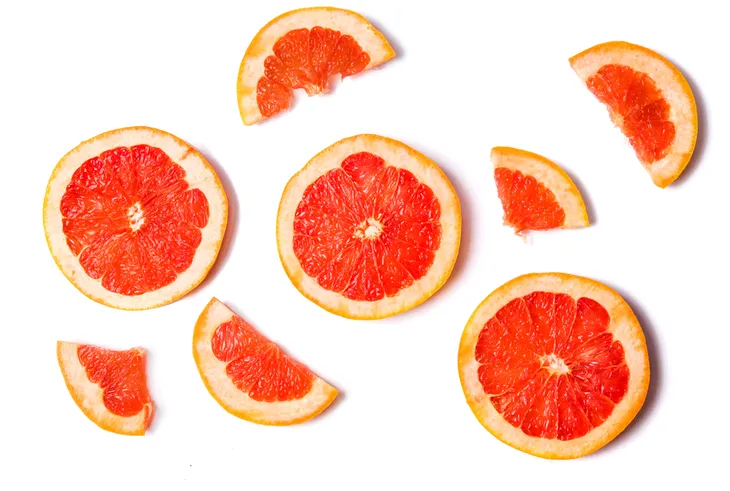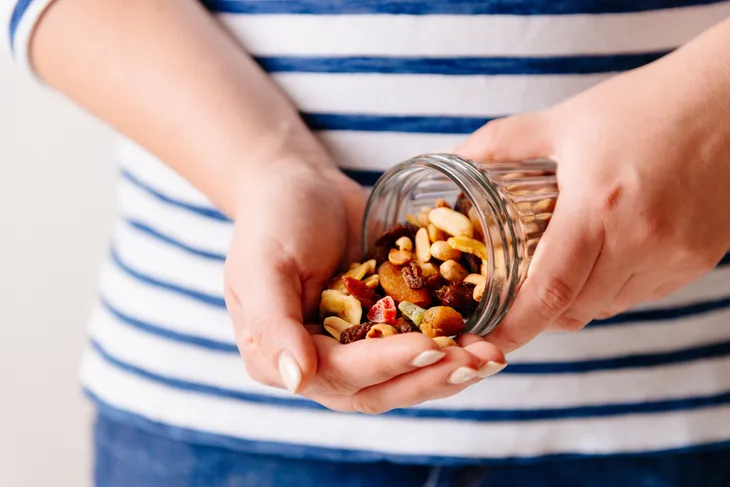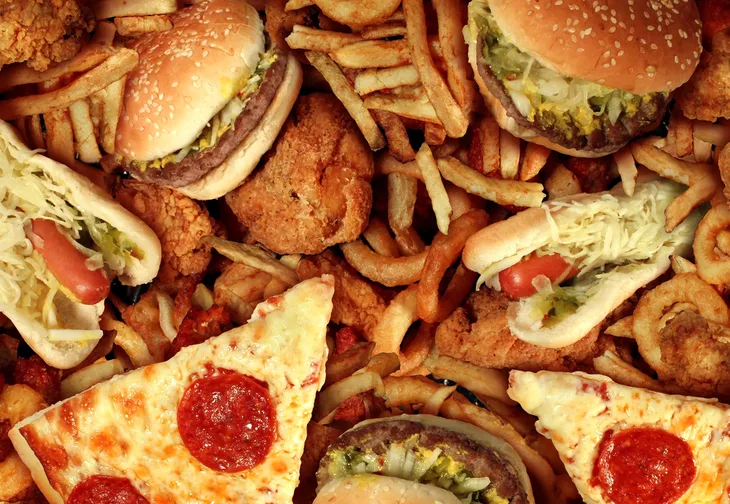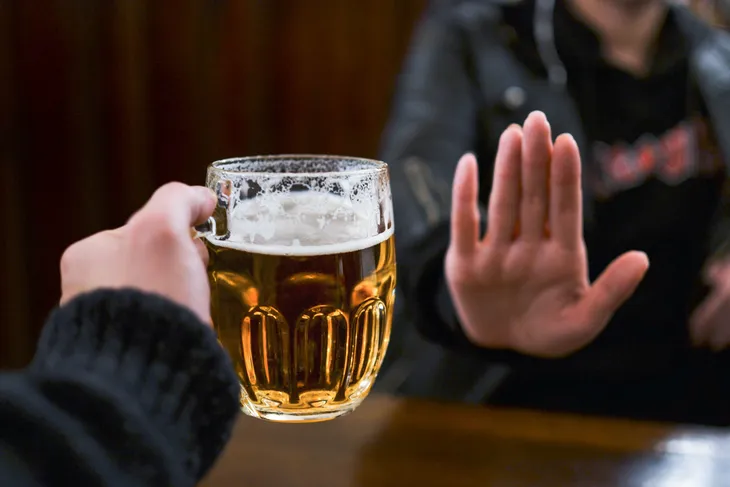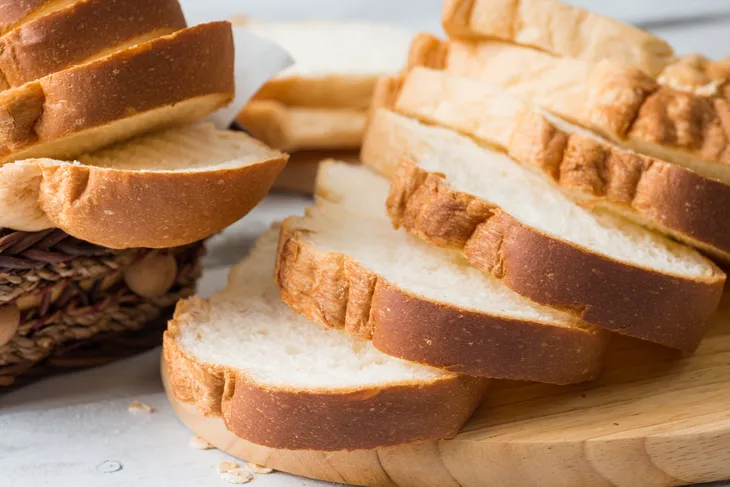Have you recently had a blood test, and the results came back with high liver enzymes? It may sound like a reason to panic — and in some (not all) situations, it could indicate something’s not working properly. As Medical News Today explains, liver cells that are damaged or inflamed will release more enzymes into your bloodstream.
Typically, a doctor will order this blood test if you’re showing symptoms of a liver problem such as fatty liver disease. Getting the enzymes under control means treating the underlying condition, as well as eating the right foods to aid in the process. Here are some to enjoy that help protect the liver, and some to avoid…
What Causes a Spike in Liver Enzymes?
Medical News Today explains that 25 to 51-percent of patients with elevated liver enzymes have fatty liver disease. A doctor may order further tests to pinpoint the problem, as well as ask you more about your diet and lifestyle.
However, there are several other possible causes of higher levels. They include metabolic syndrome, hepatitis, as well as cirrhosis, which is scarring of the liver. Other potential triggers are alcohol abuse or celiac disease, adds the source. Some medications for treating pain and high cholesterol can also bump up enzyme levels.
What Are Considered Normal Liver Enzyme Levels?
Medicine Net says there are two main types of liver enzymes that can be measured to detect liver damage. They include aminotransferase (AST) and alanine aminotransferase (ALT) that are mostly contained within liver cells unless they’re damaged, in which case they leak into the bloodstream, it explains.
The source notes normal levels for AST range between 5 to 40-units per liter of blood serum, while the normal range for ALT is 7 to 56-units per liter of blood serum. However, the source also points out a higher count shouldn’t automatically be equated with liver disease as the liver might still be functioning normally.
EMedicine Health explains that “mild elevations” are two to three times higher than the normal range, while some conditions can cause elevated enzymes “in the 1000s range.”
Foods to Eat: Fish
Healthline explains that consuming fish can lower both inflammation and fat levels. It’s also rich in omega-3 fatty acids that have some health benefits. The source suggests focusing on fish including salmon, sardines, and tuna, which are all rich in omega-3s.
It explains there’s some research to support that consuming these fatty acids may actually help reduce liver fat and triglycerides, while also boosting HDL (“good” cholesterol) — all of which are good things for patients with non-alcoholic fatty liver disease (NAFLD).
Foods to Eat: Oatmeal
On its own, oatmeal is a good way to get more fiber that has a range of health benefits from better digestion to better-regulated blood glucose. Medical News Today explains that the specific fibers found in oatmeal are particularly friendly to the liver, as they are rich in compounds known as beta-glucans.
The source cites a study that indicates these beta-glucans can help reduce inflammation, while potentially also being helpful against diabetes and obesity. While more human research is needed, the source adds that beta-glucans found in oats can reduce the amount of fat stored in the livers of mice.
If you’re going to add oatmeal to your diet, avoid the “instant” variety (that could contain more sugar and flour) and focus on whole oats/steel-cut oats, the source notes.
Foods to Eat: Coffee
Good news, one of the things that Americans love, a good cup of Joe, is on the positive list when it comes to managing fatty liver disease. The source cites studies that indicate drinking 2-cups of coffee per day can lower the risk of cirrhosis, which replaces healthy liver tissue with scar tissue.
The reason? According to another study cited by the source, the “protective properties could stem from anti-inflammatory and antioxidant compounds in the beverage.” That includes possible protection from liver cancer. It notes that using paper filters when brewing coffee can help remove substances that could harm the liver.
Foods to Eat: Green Tea
Livestrong says that green tea is beneficial for those with fatty liver disease. Studies have suggested drinking green tea has several health benefits, one of them being better liver function. Keep in mind, the same cannot be said for taking supplements containing green tea extract, which may actually be harmful.
The source cites a 2013 clinical trial that found catechins, a major compound found in green tea, improved liver fat and inflammation in NAFLD patients who consumed 3-cups daily for 12-weeks. It should be noted, this trial used a “high-catechin version of green tea.”
Foods to Eat: Grapes and Grapefruit
While the grape and the grapefruit are unrelated, Medical News Today lists them both as being potentially helpful for the liver. More specifically, grapes contain antioxidants that have been associated with disease prevention and in this case, “some causes of liver damage.”
Meanwhile, grapefruits can be another way to protect the liver from damage due to inflammation thanks to naringin and naringenin, both antioxidants. Naringin might even help protect you from alcohol-induced liver steatosis (another name for fatty liver). The source warns you should talk to your doctor first before adding grapefruit to your diet, as it can have negative interactions with some medications.
Foods to Eat: Nuts and Seeds
These are both healthy ways to fill you up between meals instead of turning to highly salty or sugary snacks while helping to prevent or treat NAFLD. Healthline explains that nuts can help reduce inflammation, while also being associated with lowered resistance to the hormone that regulates glucose in the body and oxidative stress. The source mentions patients with fatty liver disease that eat walnuts, in particular, have been found to have better liver function.
Healthline mentions sunflower seeds specifically to treat NAFLD, thanks to its high content of vitamin E, which is an antioxidant. The source notes that 100-grams of sunflower seeds contains about 20-milligrams (mg) of vitamin E, which is more than the daily requirement.
Foods to Avoid: Fast Food/Prepackaged Food
Cutting down on the amount of sodium in your diet can help lower the risk of obesity and diabetes and many fast foods or prepared meals are high in it. Healthline also notes that consuming too much salt (which should be limited to 2,300-mg daily) can increase the risk of NAFLD.
The source adds that if you’ve been diagnosed with high blood pressure, you should cut down your salt intake to 1,500-mg or less per day (although there are some potential downfalls of cutting out salt too much, such as a possible spike in LDL or “bad” cholesterol).
Foods to Avoid: Fatty/Processed Meats
There are certain types of meat that can spike cholesterol levels in some people, which in itself is a risk for some cardiovascular diseases. Medical News Today says that a study found that higher levels of “good” and “bad” cholesterol have also been associated with elevated liver enzymes.
According to Healthline, some meats that contain high amounts of cholesterol include pasture-raised steak, although less than feedlot beef. Other meats to avoid include organ meats, such as — you guessed it — liver. Processed meats such as hot dogs and bacon should also be limited as they are linked to a higher risk of heart disease and colon cancer, the source adds.
Foods to Avoid: Alcoholic Beverages
Medical News Today notes that alcohol can “increase damage to the liver.” With that said, if you’ve been found to have higher ALT levels, you should avoid alcoholic drinks “to protect the liver from further damage.”
The same source notes that “long-term alcohol abuse” (10-years or more) can lead to cirrhosis of the liver. Alcohol is a toxin that is handled by the liver, but it might not be able to keep up if consumption is too high, it warns. Fatty liver is an early stage of alcohol-induced liver disease, it explains.
Foods to Avoid: White Bread/Rice/Pasta
The reason these types of foods are called “white” is that they contain flour that has been highly processed (bleached), explains Healthline. This leads to less dietary fiber, which means these foods can spike your blood sugar.
Foods that are made from whole wheat have a nutritional advantage over white bread. The source says “brown” bread has also been found to have higher levels of zinc, magnesium, vitamin E, and folic acid. Be sure to read all labels closely to find out if what you’re buying is in fact made from whole wheat, and whether it has many unnecessary additives.

